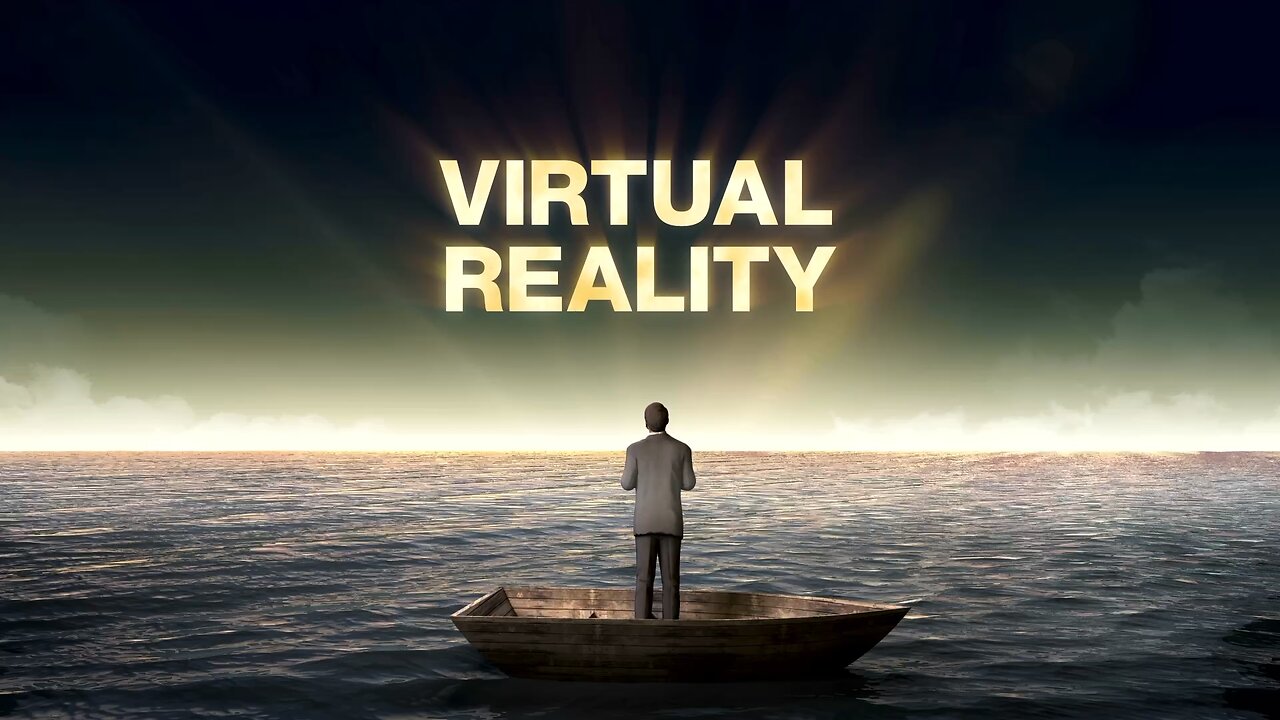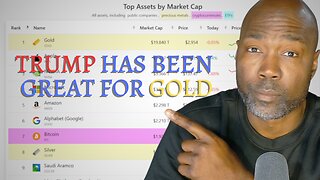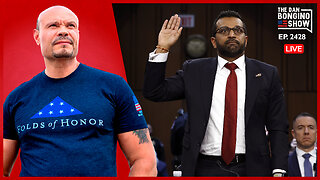Premium Only Content

The Curious Case of Power: Achieved vs. Perceived
#PowerAchieved #PowerPerceived #TruePower
#Influence #Leadership #Empowerment #SuccessMindset
#TitanMindset #Mastery #Ambition #WealthBuilding
#Motivation #StrategicThinking
#RiseToPower #ThePowerGame #nyc #florida #minnesota #colombia #colorado #wyoming #fyp #fypage #new #newvideo #realtalk #podcast
power. That elusive, intoxicating force that turns ordinary men into titans and bestows upon mere mortals the audacity to think they can control the world. But, dear reader, let us embark on a whimsical journey through the labyrinthine corridors of power to explore a curious dichotomy: the difference between power achieved and power perceived. Buckle up! This ride is going to be as enlightening as watching a cat try to catch a laser pointer.
Power Achieved: The Real Deal
Power achieved is like that perfectly aged cheese—hard-earned, tangible, and often accompanied by a distinct, unmistakable aroma of effort. It’s the result of blood, sweat, and tears; the product of late nights and early mornings, of strategic maneuvering and relentless tenacity. It’s what you get when you’ve climbed the corporate ladder, rung by painful rung, or when you’ve amassed a legion of followers who actually listen to your every word (not just scroll past your posts).
Consider, for a moment, the life of a self-made billionaire. This individual didn’t just wake up one day with a bank account that resembled a phone number. No, they likely spent years toiling away in obscurity, perfecting their craft, making shrewd investments, and perhaps even enduring the soul-crushing experience of failure. Their power is palpable, measurable in the influence they wield and the assets they control.
But let’s not get too serious here. Achieved power can sometimes be as elusive as a unicorn at a dog show. It demands real skill, determination, and a healthy dose of luck. And let’s be honest, how many of us are willing to put in the work when binge-watching the latest Netflix series is so much more appealing?
Power Perceived: The Great Illusion
Now, let’s turn our attention to power perceived, the great illusionist of the social stage. This kind of power is like that knock-off designer handbag—it looks impressive from a distance, but upon closer inspection, it’s just a cleverly crafted illusion. Perceived power hinges on the ability to project an aura of authority, often without the pesky requirement of actual achievement.
Take, for instance, the social media influencer. With a perfectly curated feed and an army of followers who hang on their every filtered photo, they exude power. Brands clamor for their endorsement, and their opinions (however uninformed) are treated like gospel truth. Yet, scratch beneath the surface, and you might find someone who, outside the digital realm, wields about as much real power as a rubber chicken at a jousting tournament.
Perceived power is the currency of the charismatic and the cunning. It’s the art of convincing others that you’re in control, even when you’re one bad decision away from disaster. It’s the politician who promises the moon and stars but delivers only hot air, or the corporate executive who spends more time perfecting their PowerPoint slides than actually leading.
The Hilarious Intersection
The intersection of achieved and perceived power is where the magic, and often the comedy, happens. Picture the CEO who genuinely believes they’re beloved by their employees, while the staff’s nickname for them is "The Walking Disaster." Or the Instagram star who thinks their post about avocado toast will solve world hunger.
The truth is, the world is full of people who’ve mastered the art of looking powerful without actually being powerful. And sometimes, those who’ve truly achieved power are the last to realize it, too busy working to notice the adoration (or fear) they inspire.
Conclusion: The Ultimate Punchline
In the end, the difference between power achieved and power perceived is a bit like the difference between a gourmet meal and a fast-food burger. One is the result of skill, expertise, and time; the other, a quick fix that satisfies in the moment but lacks substance. Achieved power is hard-won and enduring, while perceived power is fleeting and often hollow.
So, dear reader, as you navigate the complex world of power dynamics, remember this: true power doesn’t need to be flaunted. It’s felt, respected, and sometimes a little feared. But perceived power? It’s the stuff of smoke and mirrors, a grand performance that’s always at risk of being unmasked. And isn’t that the funniest joke of all?
-

Revenge of the Cis
2 hours agoLocals Movie Riff: Soul Plane
27.2K1 -
 40:04
40:04
SLS - Street League Skateboarding
1 month agoThese 2 Women Dominated 2024! Best of Rayssa Leal & Chloe Covell 🏆
41.5K2 -
 1:48:12
1:48:12
The Quartering
6 hours agoElon Musk Waves a Chainsaw at CPAC, JD Vance SLAMS Illegal Immigration, and more
100K20 -
 45:20
45:20
Rethinking the Dollar
3 hours agoGolden Opportunity: Trump's Noise Has Been Great For Gold But....
20.4K4 -
 1:02:04
1:02:04
Ben Shapiro
5 hours agoEp. 2143 - The True Faces Of Evil
106K101 -
 1:26:19
1:26:19
Game On!
5 hours ago $2.26 earnedSports Betting Weekend Preview with Crick's Corner!
43.7K1 -
 30:45
30:45
CatfishedOnline
4 hours ago $1.83 earnedMan Plans To Marry His Military Girlfriend Or Romance Scam?
35.3K1 -
 1:58:32
1:58:32
The Charlie Kirk Show
6 hours agoHello Kash, Good-Bye Mitch + AMA | Morris | 2.21.2025
146K67 -
 59:48
59:48
The Dan Bongino Show
8 hours agoThe Golden Age Of Republican Politics (Ep. 2428) - 02/21/2025
896K1.67K -
 2:03:14
2:03:14
Tim Pool
8 hours agoThe RETURN Of Riot Season, Summer of Love 2.0 Is COMING | The Culture War Podcast
143K55